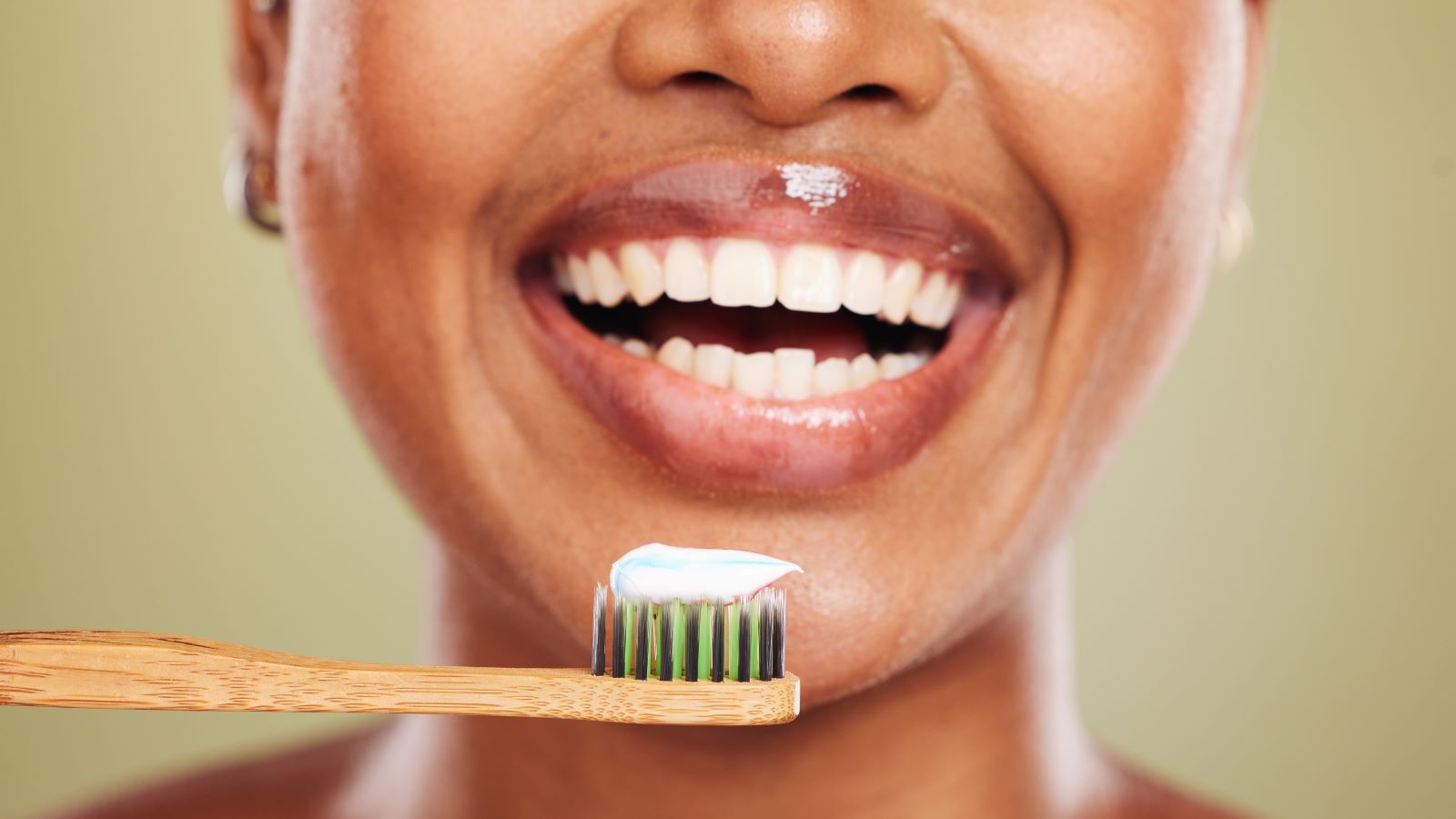<< Back
Can Poor Oral Hygiene Cause Cancer?

April 11, 2024
If you thought your dentist is the only one who cares how clean you keep your teeth, think again. There may actually be a link between poor oral hygiene and your risk of developing cancer in the mouth or the throat.
Here’s what you need to know.
Poor oral hygiene magnifies the effects of cancer-causing carcinogens.
Even if your tooth brushing schedule doesn’t cause cancer, it can magnify the effect of cancer-causing carcinogens that end up in your mouth, says Clinton Kuwada, MD, co-director of the Head and Neck Cancer Program in the Hartford HealthCare Cancer Institute.
“Smoking cigarettes and using chewing tobacco, plus heavy alcohol consumption, are well-known risk factors for developing oral cavity cancer,” says Dr. Kuwada. “And poor oral hygiene seems to magnify the carcinogenic effect of smoking, use of chewing tobacco and/or heavy alcohol consumption.”
> Related: Can Eating Burnt Food Cause Cancer?
Oral health may also be linked to HPV infections
Poor oral health is associated with gum disease, tooth loss and cavities, but it also may create an environment where viruses — like the human papillomavirus (HPV) can thrive. HPV is the cause of about 70% of mouth and throat cancers.
One analysis of almost 3,500 people found a strong correlation between “poor” or “fair” self-rated oral health and HPV infection.
How can I lower my risk of oral cancer?
The best way to lower your risk of oral cavity cancer is to stop or limit your use of tobacco and alcohol, says Dr. Kuwada.
But following good oral hygiene can help as well. This includes:
- Brushing your teeth at least twice a day with a fluoride toothpaste.
- Flossing between your teeth at least once a day.
- Drinking water with fluoride
- Eating a well-balanced diet and avoiding sugary and acidic foods when possible.
- Seeing a dentist twice a year for cleanings. This also increases the chance that any signs of oral cavity cancer will be spotted early enough to be treated successfully.